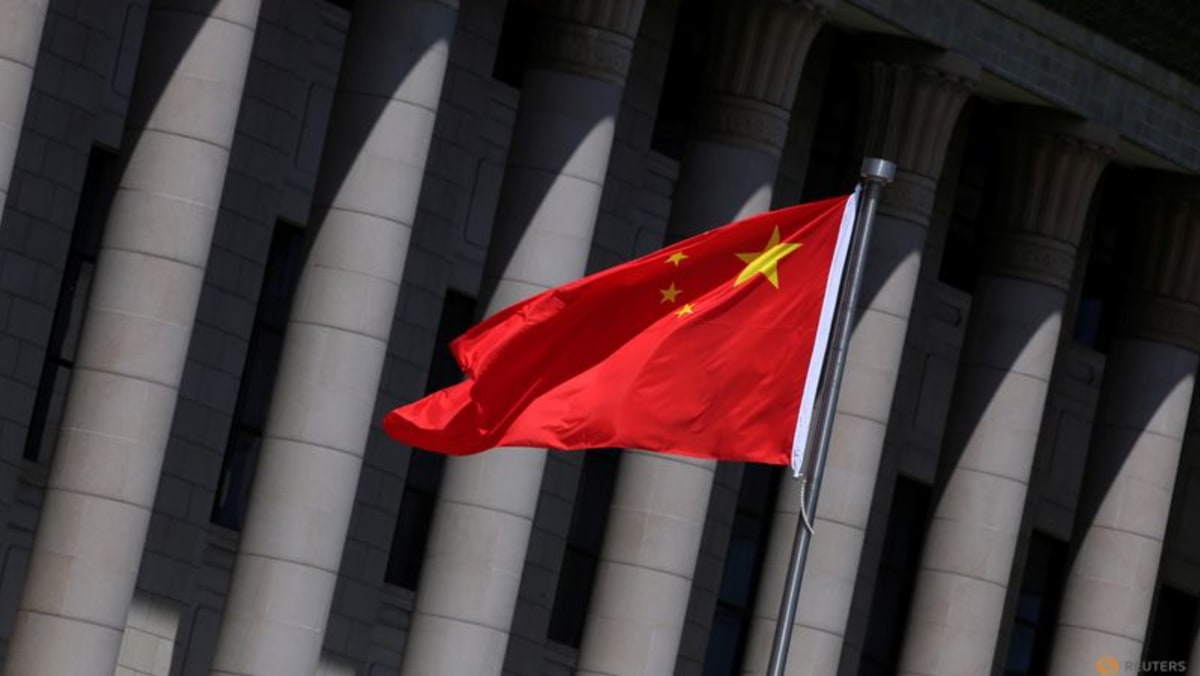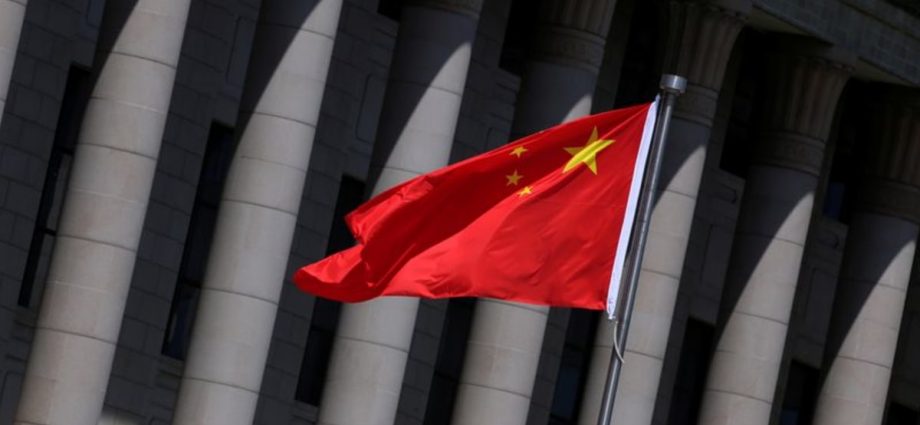
MIXED VIEWS ON MYANMAR CRISIS
Two years since the coup, Myanmar remains in a state of paralysis and ASEAN respondents appear to hold mixed views about the problem, according to the survey.
When asked how the Myanmar issue should be moved forward, slightly more than a third of regional respondents (38.1 per cent) want ASEAN to engage in independent dialogue with all key stakeholders, including with the shadow National Unity Government, which was ousted in the coup, to build trust.
Another 18 per cent want to see ASEAN use harder methods such as suspension and targeted sanctions to increase the costs of non-compliance for Myanmar’s ruling junta.
Among this group, Indonesia respondents expressed the strongest view
at 24 per cent.
But views have shifted, with more saying that ASEAN should stay out of Myanmar’s domestic politics at 15.2 per cent, as opposed to 8.4 per cent last year.
This option is tied at third place with a desire to see greater coordinated international action, which has declined after the United Nations could not pass any meaningful resolution on the situation in Myanmar.
The least favoured option remains the expulsion of Myanmar from ASEAN, but more are in favour, having grown to 13.7 per cent from 9.8 per cent in 2022.
The survey also found that Southeast Asia has moved beyond the health concerns of the COVID-19 pandemic, naming unemployment and economic recession (59.5 per cent), the impact of climate change (57.1 per cent) as the region’s most pressing challenges.
Widening socio-economic gaps and rising income disparity, as well as military tensions, tied third at 41.9 per cent.
A total of 1,308 Southeast Asians were polled among members of the academia, business community, civil society, government officials, and personnel from regional or international organisations.
A 10 per cent weighting average was applied to each country’s responses to calculate the average figures for ASEAN as a whole.

